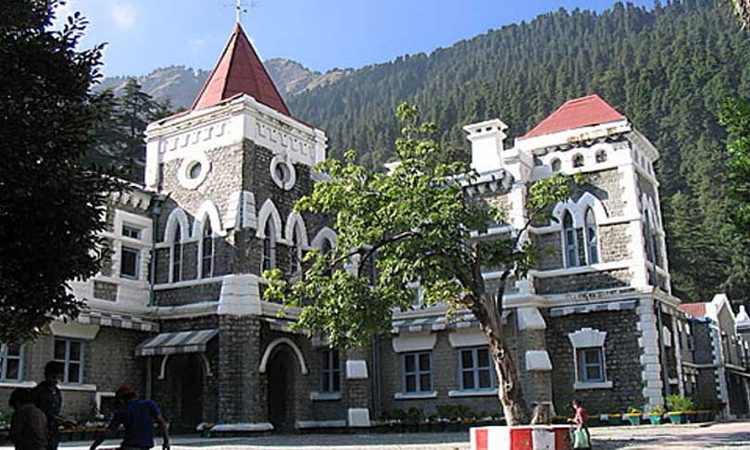The Uttarakhand High Court has reiterated that inherent jurisdiction under Section 482 must not be exercised arbitrarily or capriciously but only in appropriate cases, to do real, substantial justice.It further held that the High Court does not act as a Court of Appeal or Revision, while exercising jurisdiction under this Section and thus, quashing of charge sheet or dismissing...

